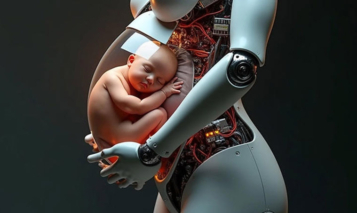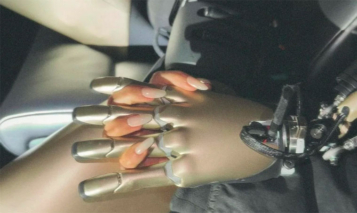
According to a USA Today report, most humans will be implanted with a microchip in the future.
“It will happen to everybody,” says Noelle Chesley, an associate professor at the University of Wisconsin-Milwaukee. “But not this year, and not in 2018. Maybe not my generation, but certainly that of my kids.”
The technology is already here. Marketing firm, Three Square Market, implanted microchips into their employees to eliminate company badges and corporate logons, according to published reports.
Microchips are being implemented in other countries such as Sweden, where 3,000 transit commuters opted to get the implants so they can ride the national rail system without showing their tickets.
But Grayson thinks the technology is still far in the future for Americans who are naturally suspicious of new technology.
“You’ve got to have a lot of trust to put one of those in your body,” Grayson says. Workers will need assurances the chip is healthy, can’t be hacked, and its information is private.”
He said corporate leaders like Facebook, Google and Tesla won’t force their workers to get chipped. The technology will probably be implemented on a voluntary basis.
“In 10 years, Facebook, Google, Apple and Tesla will not have their employees chipped,” he says. “You’ll see some extreme forward-looking tech people adopting it, but not large companies.”
Others welcome the chip technology, which will eliminate the need for such modern conveniences as credit cards and even cell phones.
“The time is now” for chips says Amal Graafstra, founder of Dangerous Things, a shop that distributes “custom gadgetry.”
“We’re going to start to see chip implants get the same realm of acceptance as piercings and tattoos do now,” he says.
“It becomes part of you the way a cellphone does. You can never forget it, and you can’t lose it. And you have the capability to communicate with machines in a way you couldn’t before,” he said.





